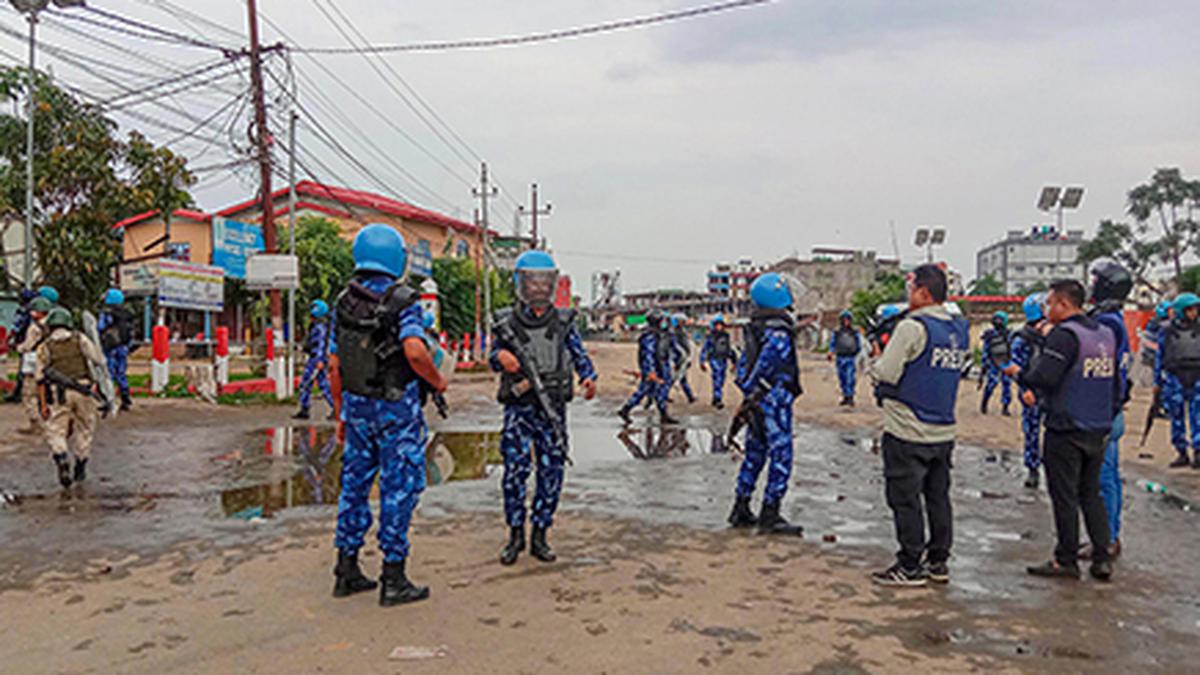
Give proof of security forces’ ‘complicity’, Manipur HC Bar Association urges people
The Hindu
The Manipur High Court Bar Association has urged the people to file police complaints and provide evidence if they are aware of alleged instances of complicity of security forces personnel in the violence in the State
The Manipur High Court Bar Association has urged the people to file police complaints and provide evidence if they are aware of alleged instances of complicity of security forces personnel in the violence in the State. The association has further called upon people to come forward with such allegations only if they have some evidence to back it.
Asking the people to either go to the police or come to them with evidence, MHCBA president advocate Yumnam Nimolchand told The Hindu on Monday, “There are many such allegations being levelled from all over the valley region. We do not know how much truth there is to it, but we have urged the public so that if any such case is there, it can be investigated and taken to court as per legal procedure.”
Also read | Army officers say Army faces challenges in Manipur without AFSPA
Following this public call for evidence of alleged complicity of security forces, a source expressed concern that this would pose yet another challenge to their operations in the State. “We will be mired in legal cases,” said the source, adding that several operations have been hindered in the past as large mobs prevented their movement.
“Complaints are mostly about the paramilitary forces, and in some cases, the Assam Rifles, being allegedly complicit in attacks being led by alleged Kuki militants,” Mr. Nimolchand said, adding that the Bar Association could not be seen to be taking sides and that was why this announcement was made to the public in Imphal on Sunday.
Also, the Bar Association urged the State government that ex gratia be given to victims only after verifying their citizenship status.
“There are also many reports of illegal immigrants — Kuki-Chin people — coming in from Myanmar. There has to be verification so that the ex gratia amount goes only to those who are citizens of India,” Mr. Nimolchand said.













